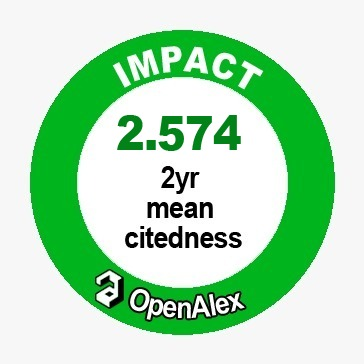Thermal Processing and Lycopene Content of Tomatoes- A Public Health Perspective
Downloads
In this era of rising prevalence of chronic health conditions, functional properties of fruits and vegetables are of utmost emphasis. Lycopene, belonging to class of carotenoids, is one of the chief phytochemical known for being a natural colorant as well as for providing health benefits. Tomatoes are a major source of lycopene in the diet. However, tomatoes are not only used in raw but also in processed and cooked format in cuisines round the world. This necessitates the optimization of functional properties of cooked tomato products. The current study aims at describing potential health benefits of processed tomato puree through studying its lycopene content at various temperatures. A before and after 3 X 3 factorial experimental study design was used for this study. A comparison of lycopene content of tomatoes under following variants of processing was carried out: temperature (raw vs.75°C vs. 88°C) and time (5 vs.15 vs.30 minutes). Findings indicate that cooking improved the available lycopene content in tomato puree. Maximum values of lycopene were noted after treatment at 88 °C for 30 minutes (4.7 mg/100g compared to 0.20 mg/100g in raw). Optimization of lycopene content of cooked tomato puree by conscious monitoring of processing time and temperature would aid in achieving this goal.





